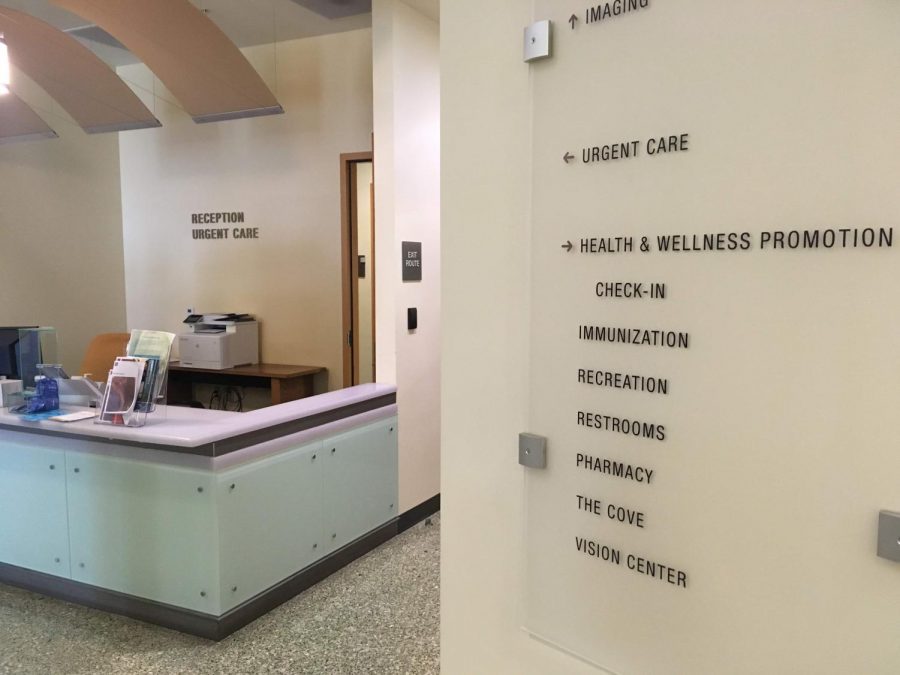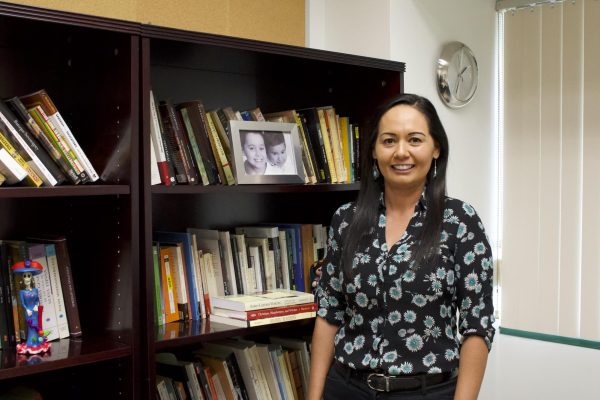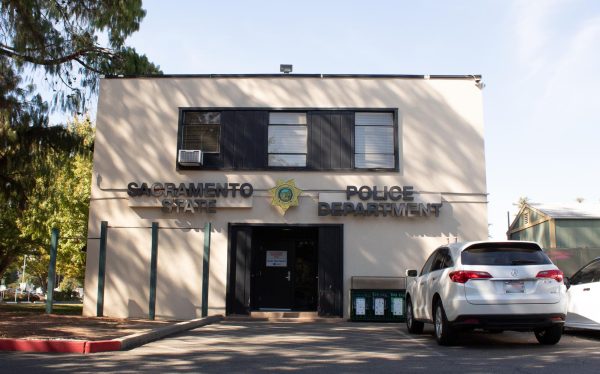Medical abortions closer to being required at CSU campuses
Bill ready for approval from Gov. Brown after passing state legislature in late August
Sami Soto - The State Hornet
Student Health and Counseling Services at The WELL offers many services to students. If SB 24 is passed, all health centers at CSU and UC campuses would be required to offer medical abortions.
September 15, 2018
A bill that would require public university health centers to offer medical abortions has moved forward to California Gov. Jerry Brown’s desk for final approval.
Senate Bill 320 was presented to the governor on Monday, Sept. 10. If passed, all CSU and UC campuses would be required to provide the medication starting in January 2022.
SB 320 passed through several committees before receiving a final approval from the senate floor on the second-to-last day before the legislature adjourned. The bill passed with 26 yes votes, 13 no votes and one vote not recorded.
RELATED: Campus health center could be required to provide medication for abortions
The bill, introduced by Sen. Connie Leyva (D-Chino) in February of 2017, was first created to be completely addressed by the legislature within one year, but was extended to a two-year bill to allow more time for changes. Though the author, Leyva, said the changes made to the bill were minimal.
“We took the time to perfect the bill along the way to make it better,” Leyva said.
Schools would be given a $200,000 grant to pay for the costs under the Commission on Status of Women and Girls. The money would come from several sources, including private funds and local and federal government agencies.
These funds will be directed to training staff for abortion-by-medication techniques and toward funding 24-hour hotlines for student patients.
Schools will not be required to use general funding or student fees for medical abortions before the bill takes effect in 2022, but Toni Molle, CSU spokesperson, said that there are concerns regarding funds.
“One-time funding for training and equipment does not address the need for the ongoing training and maintenance necessary to ensure student safety,” Molle said in an email.
Molle also said if the bill is made into law, CSU campuses will have to establish agreements with local hospitals in case students experience complications from the medication, as healthcare staff at CSU campuses are not equipped to handle those situations.
RELATED: Birth control vending machine coming to campus
These concerns resonate with students like Sacramento State senior Marcella Braun.
“I personally don’t think it’s right,” Braun said. “I’m OK with Plan B and contraceptive pills and stuff, but I feel like if it’s that late in a pregnancy, it should be done at an actual doctor.”
Health Services at Sac State did not have any comment involving SB 320, as it is still pending approval.
According to a report published August 2018 by the Journal of Adolescent Health, an estimated 209 to 337 medical abortions are conducted per month on female CSU students. For Sac State students alone, about 14 to 22 medical abortions are done each month.
A medical abortion consists of two medications, mifepristone and misoprostol, which can be taken up to 10 weeks into a pregnancy. The patient must meet with a medical professional before and after treatment, which can cost between $300 to $800, according to Planned Parenthood.
“There is such a short window of time for a woman to have an abortion,” Leyva said. “Having a medical abortion—it’s an easier procedure on the woman’s body.”
Gov. Jerry Brown has until Sept. 30 to sign or veto the legislation or else it becomes law without being signed.




































































































































